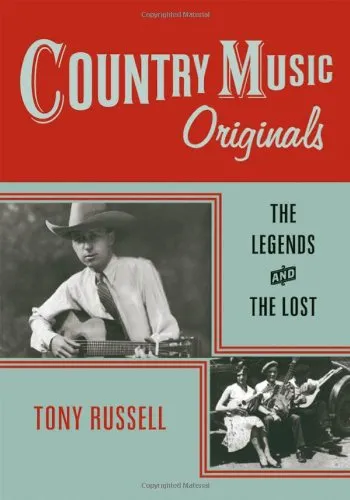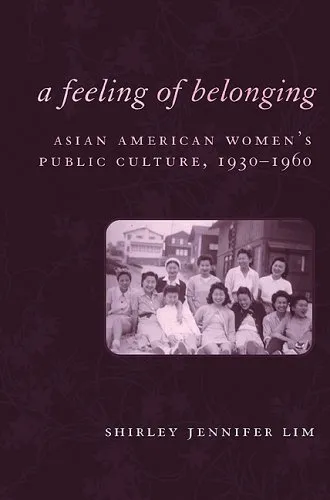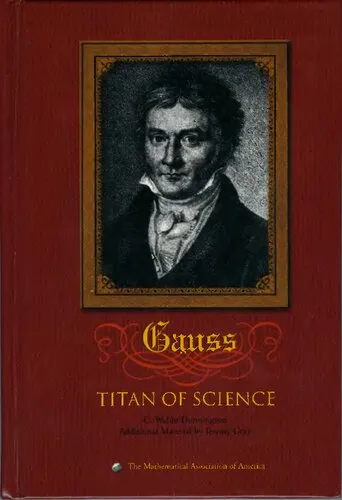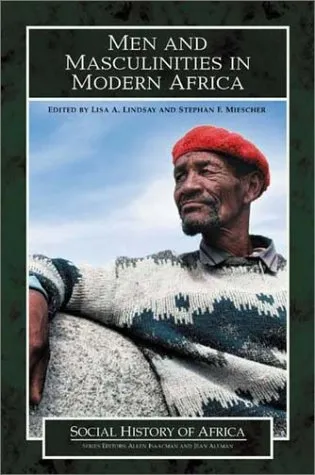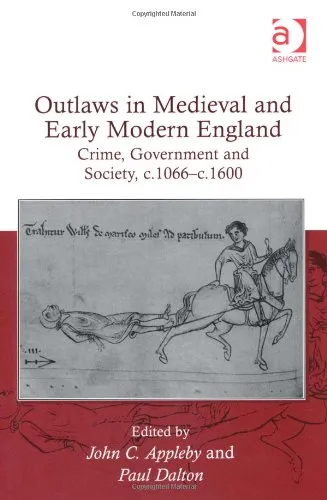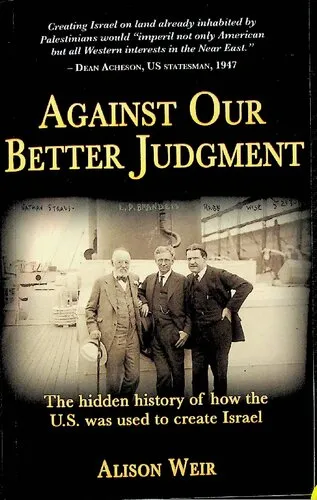Bandit Nation: A History of Outlaws and Cultural Struggle in Mexico, 1810-1920
4.5
Reviews from our users

You Can Ask your questions from this book's AI after Login
Each download or ask from book AI costs 2 points. To earn more free points, please visit the Points Guide Page and complete some valuable actions.Related Refrences:
Introduction to Bandit Nation: A History of Outlaws and Cultural Struggle in Mexico, 1810-1920
Outlaws, rebels, and bandits have always been captivating figures in history, embodying a distinctive blend of defiance, rebellion, and, at times, heroism. Bandit Nation digs deep into the role of these figures in Mexican history, spanning the crucial period of 1810 to 1920. This book is not just about the tales of outlaws; it critically examines how banditry became intertwined with Mexican identity, culture, and political struggles during some of the nation's most tumultuous years. It highlights the searing struggles between the people and the state, the clash of rural and urban visions, and how these conflicts shaped Mexico's national identity.
This work goes beyond mere narrative history. It dives into the larger cultural and ideological implications of banditry, showing how its depiction fluctuated between criminality and heroism depending on the perspectives of elites, revolutionaries, and ordinary citizens. From rural Robin Hood-like figures to guerilla fighters resisting state oppression, Bandit Nation analyzes the fluid definitions of power, justice, and morality within Mexican history.
Detailed Summary of the Book
Set against the backdrop of Mexico’s evolving socio-political landscape, Bandit Nation delves into the lives and roles of outlaws during critical historical moments like the Wars of Independence, the era of Porfirio Díaz, and the Mexican Revolution. The book explores how bandits were simultaneously romanticized and vilified in Mexican culture, their constant redefinition driven by political agendas and societal anxieties.
Through meticulous research, the book chronicles the narratives of legendary outlaws and their socio-political relevance. Figures like Jesús Malverde and Heraclio Bernal are discussed not as mere aggressors but as symbols of resistance against oppressive systems. Frazer also uncovers how the Mexican state exploited the image of banditry to justify modernizing laws and military intervention, framing bandits as scapegoats for social disorder and rural disobedience.
Ideologically, Frazer explains the cultural struggle between the Mexican elites and rural peasants. While elites often used "banditry" as a convenient label to vilify dissenters, the grassroots rural communities frequently embraced these outlaws as champions of justice. The duality of their representation in folk tales, ballads, and even government propaganda is a recurring theme throughout the book. Frazer’s work ultimately shows how banditry provides a lens through which we can study broader tensions of inequality, power, and resistance in Mexico.
Key Takeaways
- Banditry in 19th and early 20th-century Mexico was closely connected to broader societal struggles, including land rights, poverty, and opposition to state control.
- The perception of bandits often reflected the agendas of those in power, who used propaganda to align banditry with criminality and villainy while rural communities saw them as symbols of justice and rebellion.
- The cultural narratives surrounding bandits created enduring myths that persist in Mexico’s collective memory and continue to shape discussions on justice and morality.
- Understanding the history of Mexican banditry provides a window into the complex relationship between governance, identity, and resistance in the nation.
- Mexico’s history is deeply marked by the dynamics of contesting authority, a theme personified by its legendary outlaws.
Famous Quotes from the Book
"Banditry is more than outlawry; it is an enduring mirror of the inequalities and injustices that have plagued Mexican society for centuries."
"To the elite, the bandit is a villain; to the downtrodden, he is a hero. This duality is not just imagined—it is central to the fabric of Mexican culture."
"Through the stories of its bandits, Mexico tells a larger story of its people—their struggles, their passions, and their demands for justice."
Why This Book Matters
Bandit Nation stands as a vital contribution to Mexican studies, offering readers a nuanced understanding of how banditry shaped and reflected the nation's socio-political reality. It challenges simplifications of outlaws as mere criminals, instead arguing that they represent deeper societal tensions and cultural narratives. The book helps readers rethink concepts of morality, justice, and nationalism in a historical context, which remain relevant today.
Furthermore, as a historical examination that spans key events in Mexican history, the book provides insight not only into outlaws but also into Mexico's historical shifts in governance, economy, and culture. It unveils how cultural struggle, framed around the polarizing figures of bandits, helped shape Mexican nationalism. Whether you're a historian, a scholar, or a reader fascinated by the intersections of crime and heroism, Bandit Nation offers an indispensable perspective on the making of modern Mexico.
Free Direct Download
You Can Download this book after Login
Accessing books through legal platforms and public libraries not only supports the rights of authors and publishers but also contributes to the sustainability of reading culture. Before downloading, please take a moment to consider these options.
Find this book on other platforms:
WorldCat helps you find books in libraries worldwide.
See ratings, reviews, and discussions on Goodreads.
Find and buy rare or used books on AbeBooks.
1461
بازدید4.5
امتیاز0
نظر98%
رضایتReviews:
4.5
Based on 0 users review
Questions & Answers
Ask questions about this book or help others by answering
No questions yet. Be the first to ask!


